Researchers have long understood that the brain plays a crucial role in shaping our perception of the world, including the sounds we hear. However, a recent series of experiments has shed new light on the complex process by which the brain constructs our auditory experience. According to a four-episode podcast series, "The Sound Barrier," psychologist Diana Deutsch's 1970s experiments with a synthesizer revealed a fundamental aspect of how our brains process sound.
Deutsch's discovery of the Octave Illusion, an audio phenomenon in which the brain perceives a sound as being in a different octave than it actually is, has significant implications for our understanding of auditory perception. "It seemed to me that I had entered another universe or I had gone crazy or something...the world had just turned upside down!" Deutsch recalled in an interview. The Octave Illusion is not just a quirk, but rather a demonstration of the brain's tendency to edit and interpret the sounds we hear.
According to Professor Dan Polley, an expert in auditory perception, the brain does not receive a direct, real-time feed of sound from the physical world. "Everything that we perceive as consciousness is constructed from the activity of neurons in our brain," Polley explained. This means that the sounds we hear are not a direct reflection of the physical world, but rather the brain's best guess at what is happening.
The brain's editing process is a complex and highly individualized phenomenon, with each person's brain processing sound in a unique way. This has significant implications for fields such as music, speech therapy, and even hearing aid design. "The brain is constantly making predictions and adjusting its interpretation of the world based on what it expects to hear," said Polley. "This is why we can recognize a song or a voice even when it's played back in a different environment or with different acoustics."
The podcast series "The Sound Barrier" explores the limits of hearing and the ways in which we can break through them. By examining the complex process of auditory perception, the series sheds new light on the intricate relationship between the brain, sound, and our experience of the world.
In recent years, researchers have made significant progress in understanding the neural mechanisms underlying auditory perception. Studies have shown that the brain's auditory cortex is highly plastic, and that it can reorganize itself in response to changes in the environment. This has led to the development of new treatments for hearing loss and auditory disorders.
As research continues to uncover the intricacies of auditory perception, it is clear that the brain plays a far more active role in shaping our experience of sound than previously thought. By understanding the complex process of sound processing, we may be able to develop new technologies and treatments that can improve our ability to hear and communicate with the world around us.
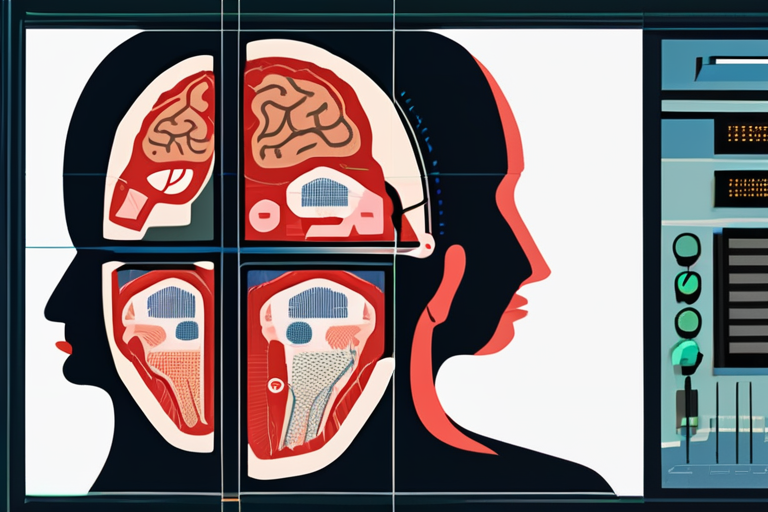


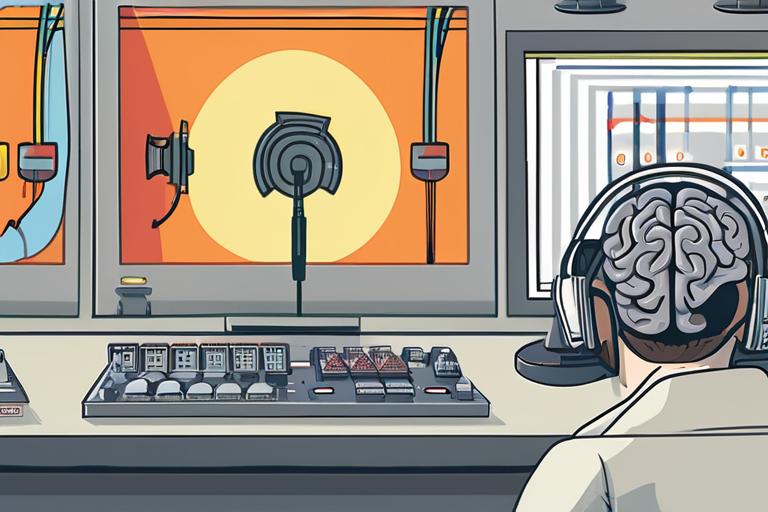

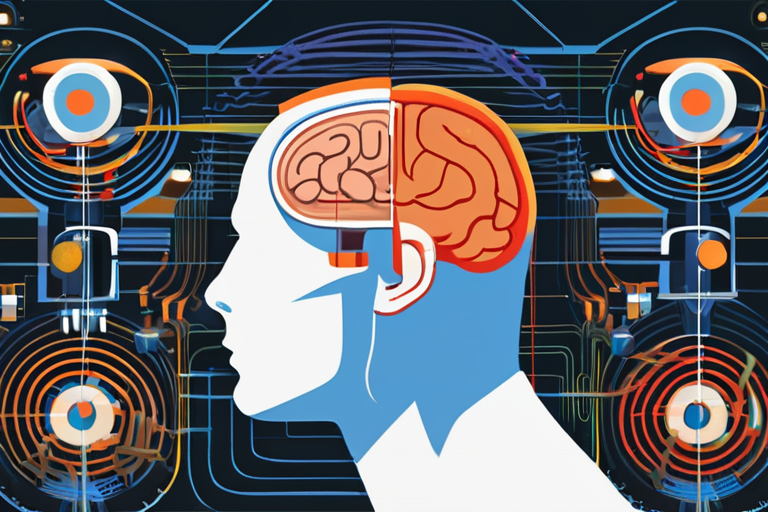
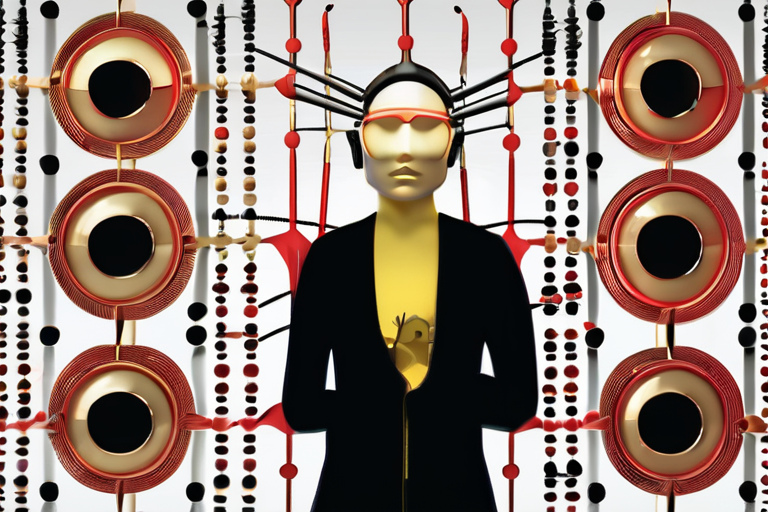
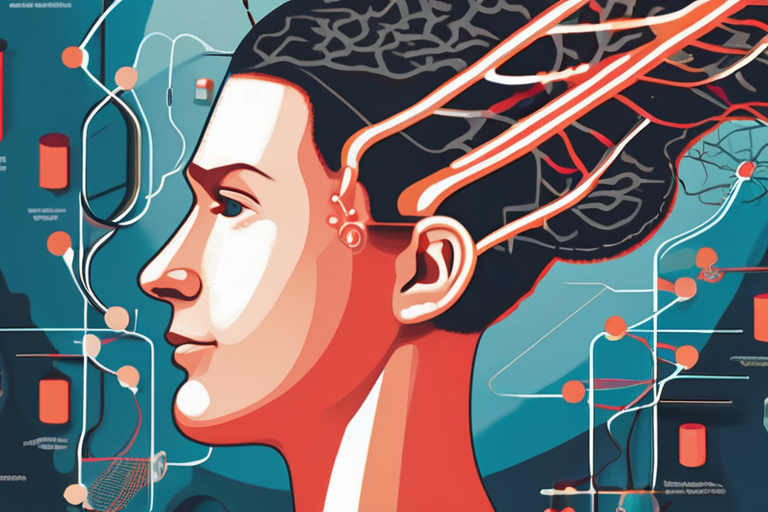









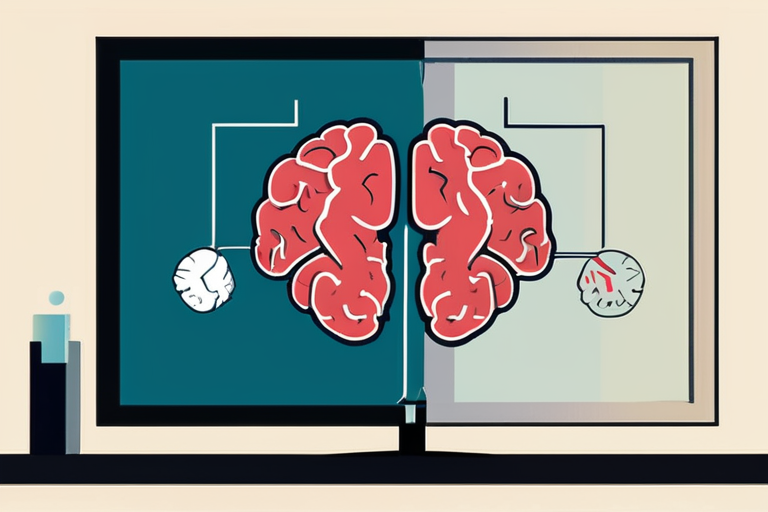







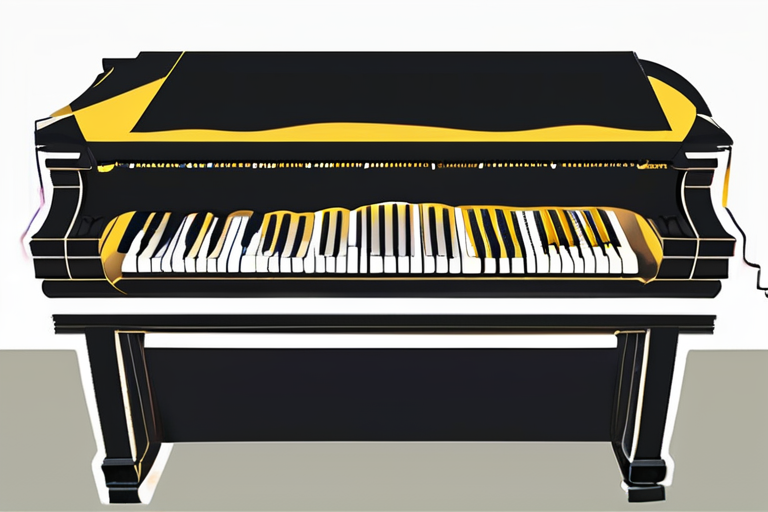

Share & Engage Share
Share this article